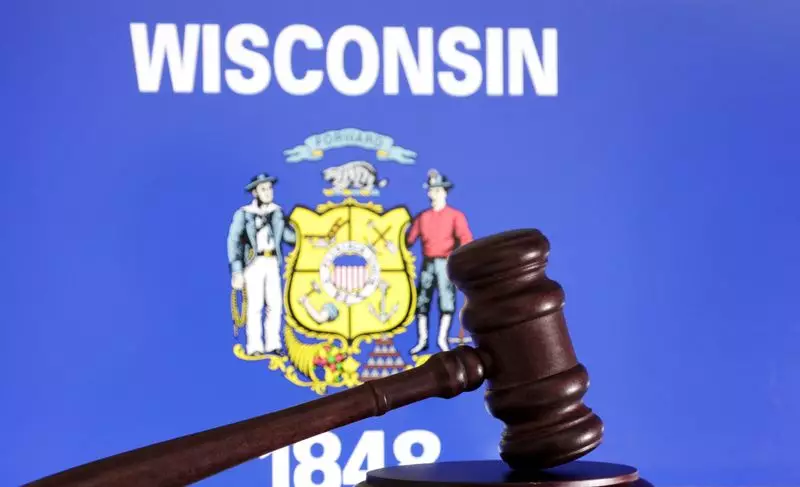In a significant move, the U.S. Supreme Court has agreed to hear a challenging case concerning the Catholic Charities Bureau in Wisconsin, an arm of the Catholic diocese in Superior. This case raises important questions about the intersection of employment law, religious freedom, and constitutional rights. The primary contention revolves around whether the Bureau should be exempt from the state’s unemployment insurance tax based on its religious affiliation. The implications of this ruling could resonate beyond just Wisconsin, potentially prompting revisions in how states across the nation handle similar exemptions.
Understanding the backdrop of this case requires a glance at history. Wisconsin was a pioneer in unemployment insurance laws during the Great Depression, becoming the first state to implement such legislation in 1932. This law was designed to assist unemployed individuals through a taxation system that collected funds from employers. Following Wisconsin’s lead, a federal program was established in 1935 to encourage states to develop their own unemployment compensation plans. Today, almost all U.S. states have enacted similar laws, with Wisconsin being one of the 47 states that includes exemptions for certain religious entities.
Founded in 1917, the Catholic Charities Bureau has long claimed that its services — aimed at supporting various vulnerable groups such as the elderly, disabled, and impoverished — are a fundamental expression of the Catholic Church’s social mission. Following a favorable court ruling for a subsidiary organization in a similar situation, the Bureau sought to broaden its claim for an exemption from the unemployment tax, arguing that their operations are deeply rooted in religious principles. Their assertion is not solely about financial relief but about maintaining the autonomy of religious organizations to operate according to their beliefs.
In March 2024, the Wisconsin Supreme Court delivered a significant ruling against the Catholic Charities Bureau and its affiliates. The court determined that the organizations were not primarily religious in nature, classifying their activities as largely charitable and secular. The judges pointed out that the Bureau did not actively pursue the dissemination of Catholic beliefs through its services. Instead, the programs were accessible to all, regardless of religious affiliation. This conclusion led to the rejection of the exemption that the Bureau sought.
In response, the Catholic Charities Bureau escalated their claim to the U.S. Supreme Court, arguing that the Wisconsin ruling violates First Amendment rights. They contend that by favoring certain religious entities’ tax statuses, the state inadvertently discriminates against others, thus entangling judicial systems with religious matters and undermining church autonomy.
The Supreme Court’s impending decision carries significant weight regarding the religious freedoms protected under the First Amendment. Should the Court side with the Catholic Charities Bureau, it could establish a precedent requiring states to reconsider their parameters regarding religious exemptions in tax law. This outcome could offer a more favorable landscape for various religious organizations seeking similar privileges, posing a challenge to state constitutional provisions.
Conversely, a ruling against the Bureau may reinforce the current interpretations of tax statutes, potentially leading to increased scrutiny over religious organizations and their claims for exemption. This scenario raises broader questions about the operational boundaries between secular and religious practices, particularly for organizations that serve diverse populations.
As the Supreme Court prepares to hear arguments and render a judgment by the end of June, the implications of this case extend far beyond the financial interests of the Catholic Charities Bureau. The intersection of religious freedom, tax law, and organizational autonomy highlights a complex legal landscape that demands careful consideration. This case will not only shape the future of religious exemptions concerning employment law, but it will also test the resilience of constitutional rights in the face of evolving social expectations and legal interpretations. The decision will undoubtedly be closely watched across the nation, as its effects will ripple through various religious and secular entities alike.

